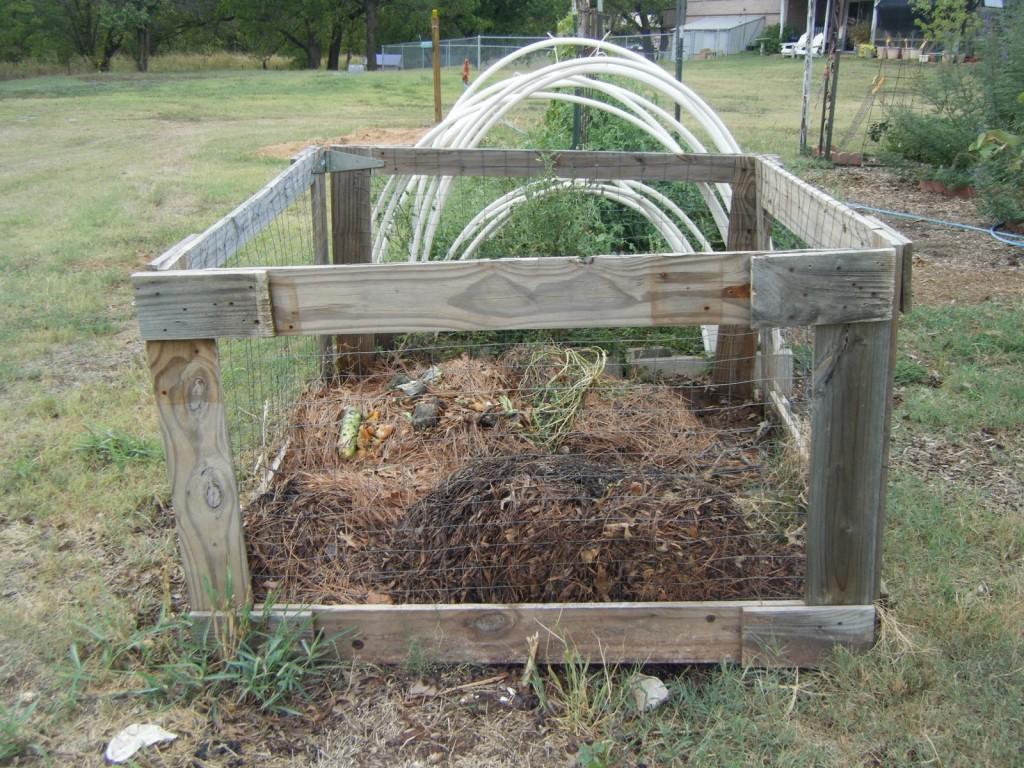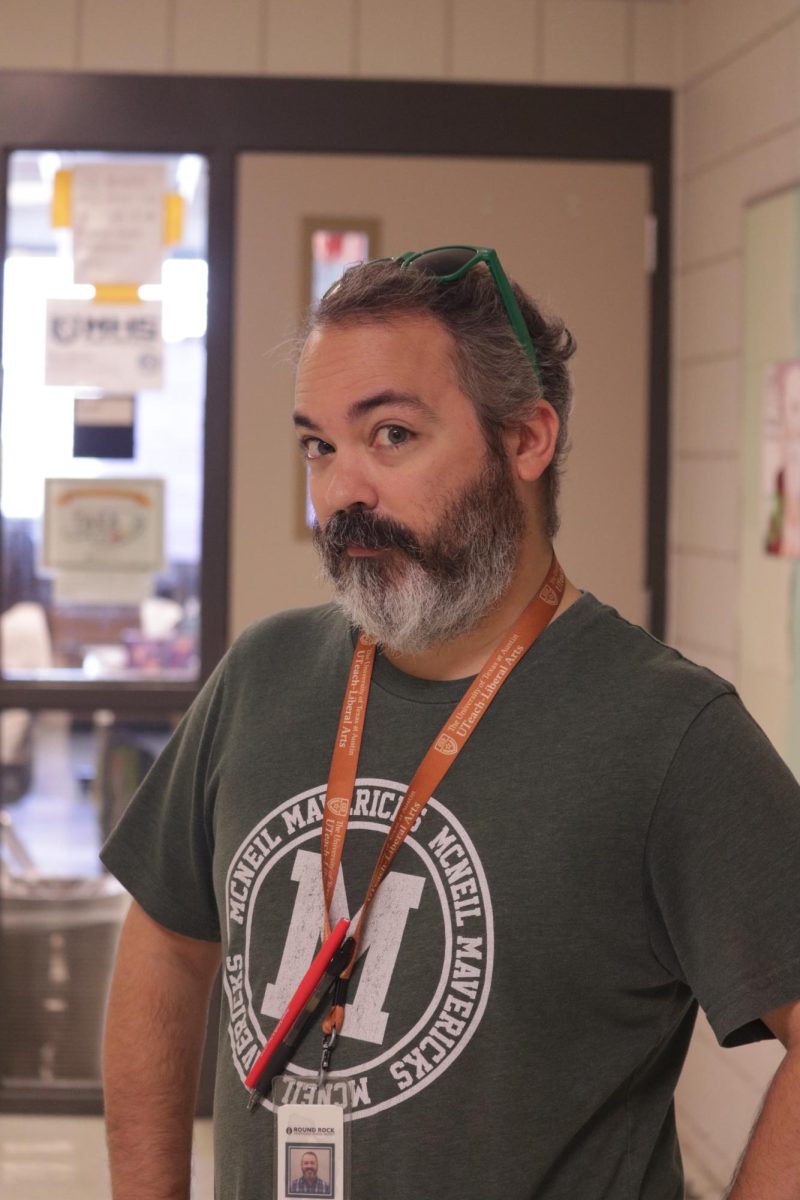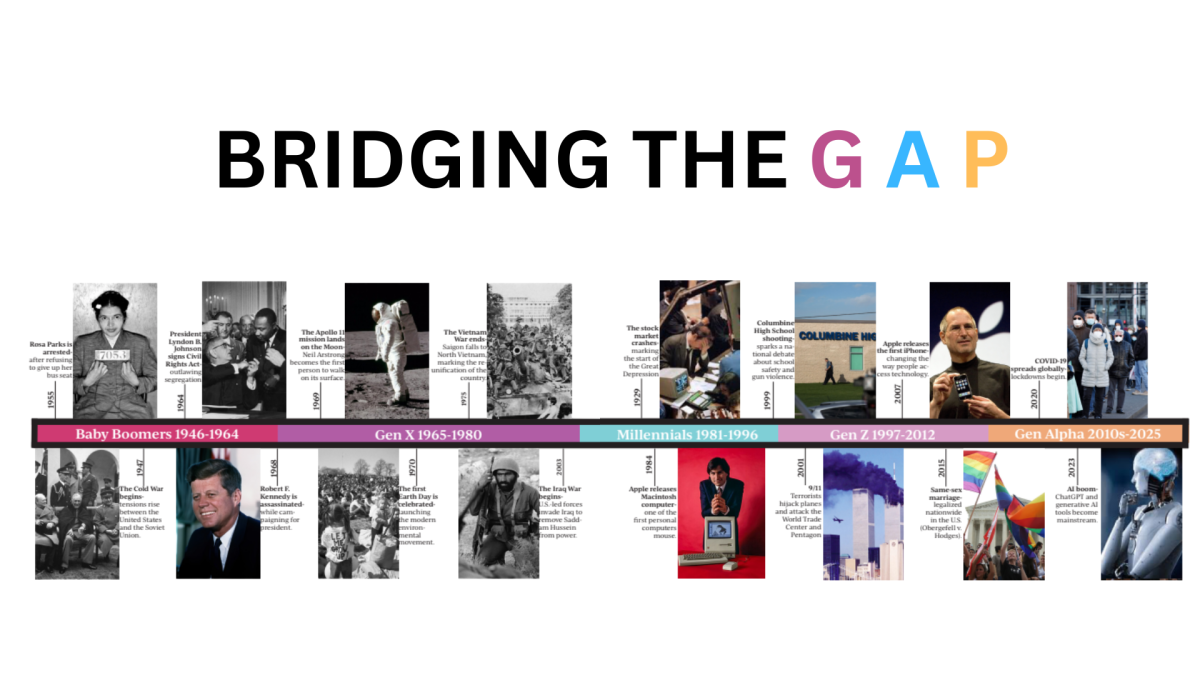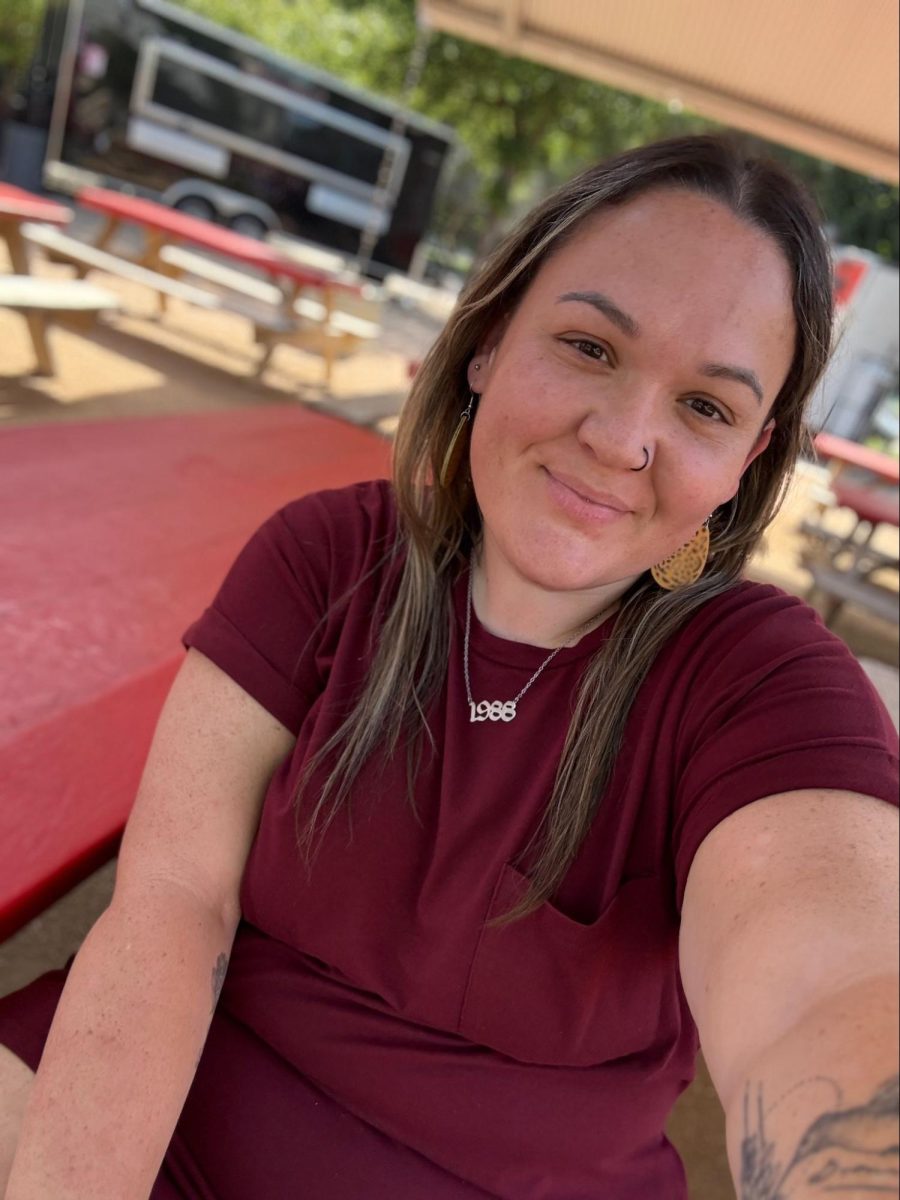With global warming on the mind, people are always searching for ways to cut back on pollution. The process of recycling is now easier than ever and many people are reducing the amount of trash that goes to landfills each year. However, composting food scraps lacks in popularity to recycling.
Families generate large quantities of leftover food every week, and that food usually ends up going in the trashcan, then to landfills, or down the garbage disposal. Some people may not think there are any other options, but that is not the case. An environment-friendly alternative to just throwing away leftovers is creating an at-home compost pile. Of course, this may not be possible for people that live in apartments, but those who have gardens (even small ones) could be composting.
“I compost because it just seems like the right thing to do,” Environmental Systems teacher Tina Vick said. “I don’t know why I wouldn’t do it. It’s a good way to recycle your food scraps and your leaves.”
Food is not the only thing that can be composted, 41 percent of what is put in landfills is paper and cardboard. Both of which can be composted. Yard clippings can also be put in the pile as well.
“I just make a pile, it’s really simple, and I water it and mix it and add more leaves and more scraps,” Vick said. “A majority of what is put into landfills is paper and you can tear up paper and newspaper and put it in.”
By saving old food and letting it decompose, a natural fertilizer is produced that is healthy for gardens and lawns. An added benefit is that since it’s natural, it won’t pollute creeks or groundwater like other fertilizers with harmful chemicals can.
“My family (husband and two children ages 3 and 6) started composting when we decided to create our own extensive vegetable garden,” English teacher Erin Balfour said. “We wanted to have organic, inexpensive veggies and so we embarked on the composting and gardening adventure. Composting saves us money since we don’t have to buy compost to add to our garden.”
Compost piles can be made from old pallets, chicken wire, wood; there are even bins specifically designed for that purpose. Whatever method is used, the effect composting has on the environment outweighs the effort. Even if composting may not be ideal for you, spreading the word can help the movement gain momentum.
“My son goes to Pond Springs Elementary and the school recently started a composting project teaching students to be cognizant of the trash they are creating and to try and think of the earth before they just throw stuff out,” Balfour said. “Just thinking through composting creates awareness of the trash we create and what we could do to help our planet even in a small way, and in that sense, it is valuable to us all. “







